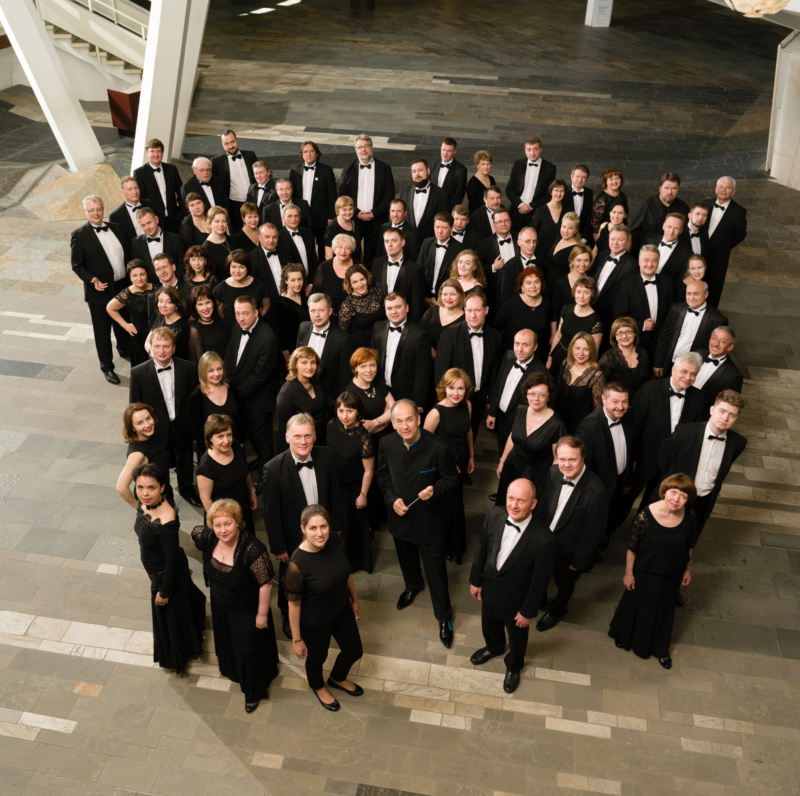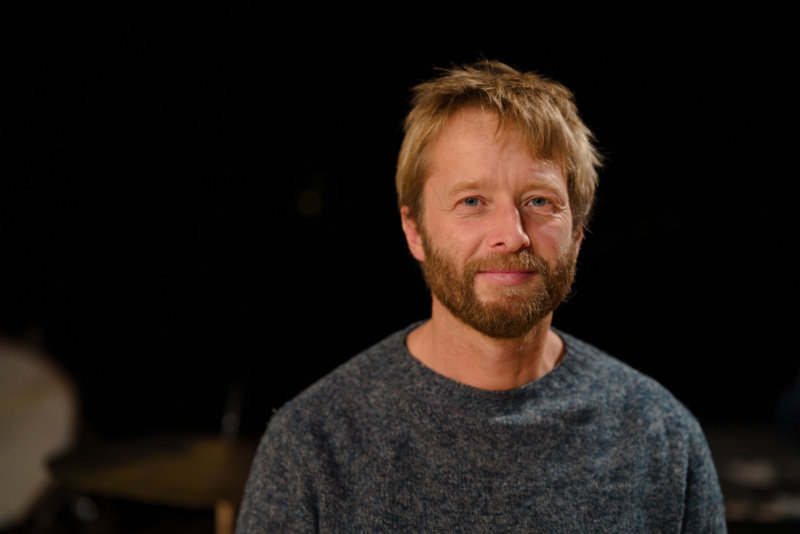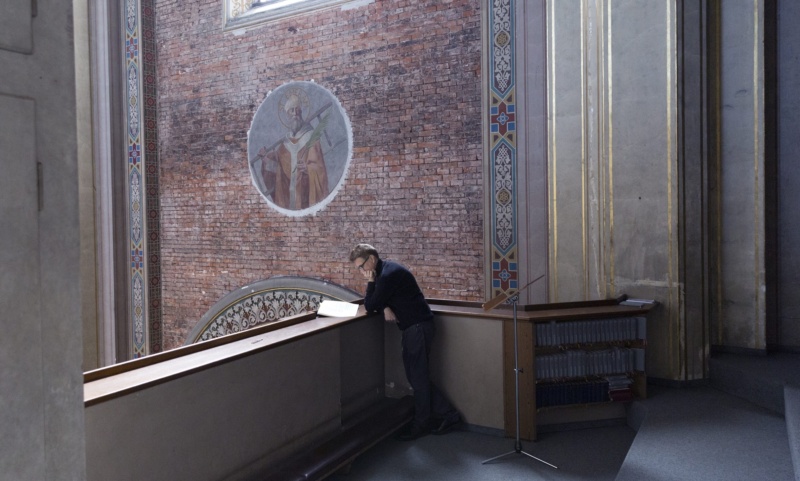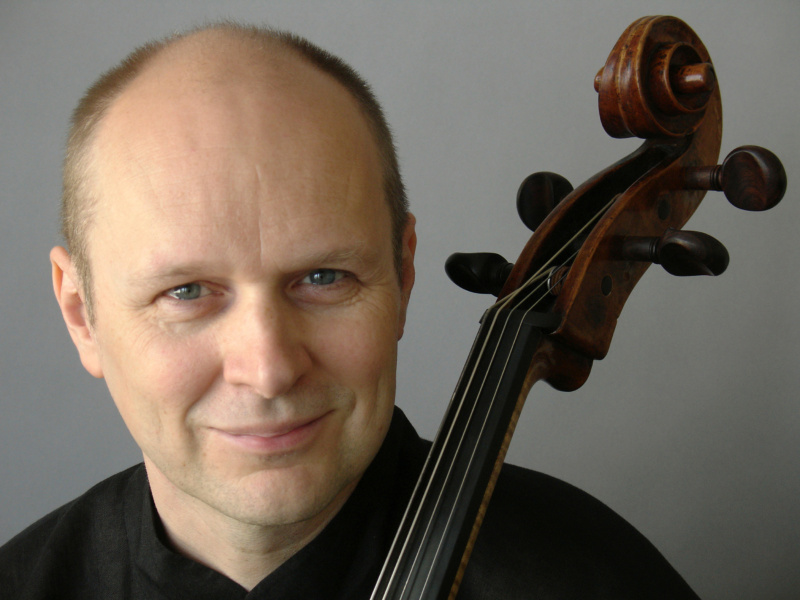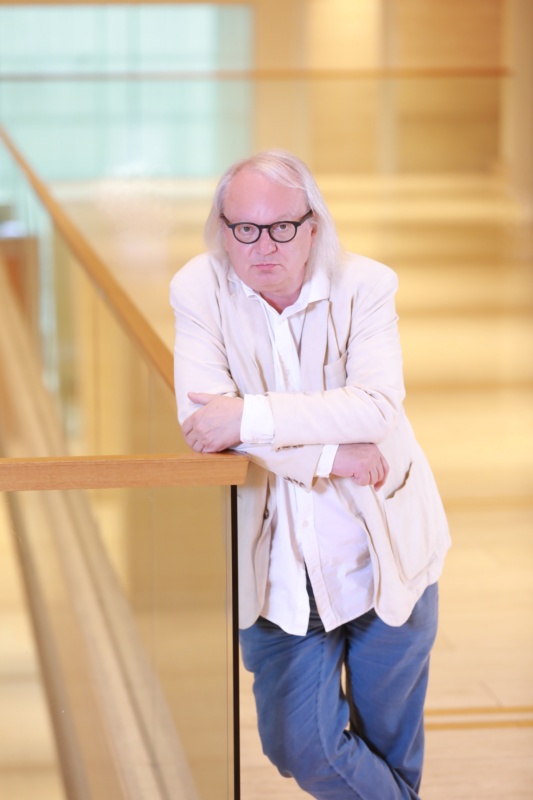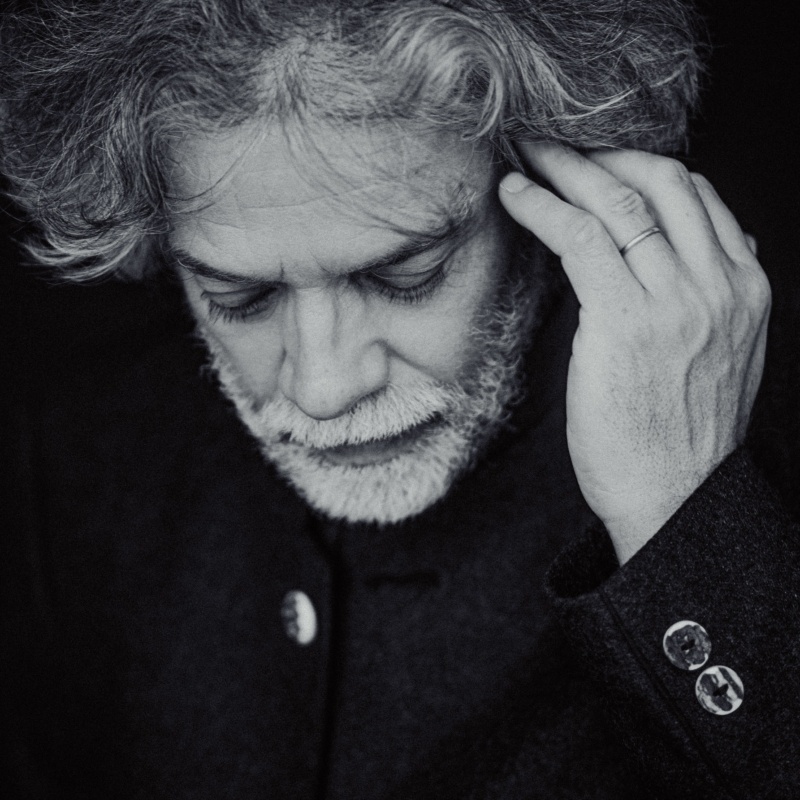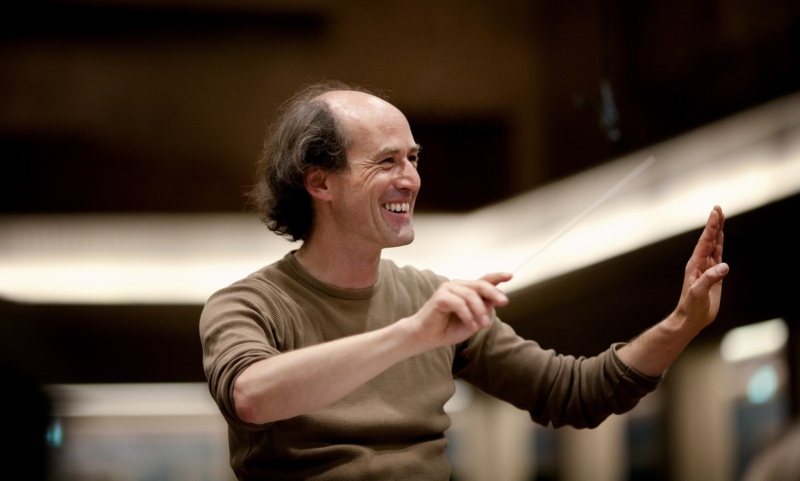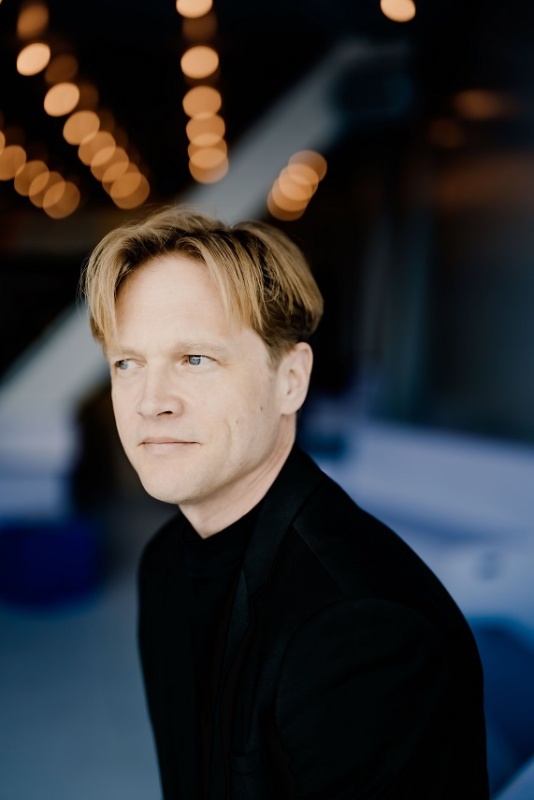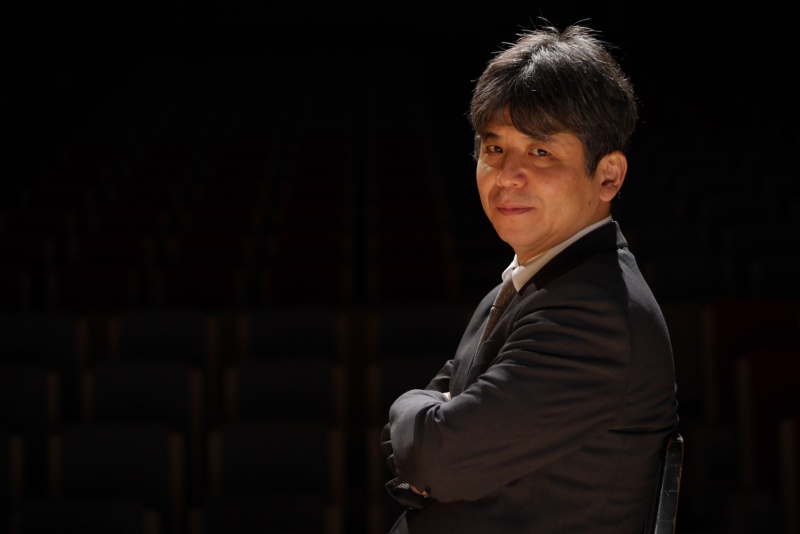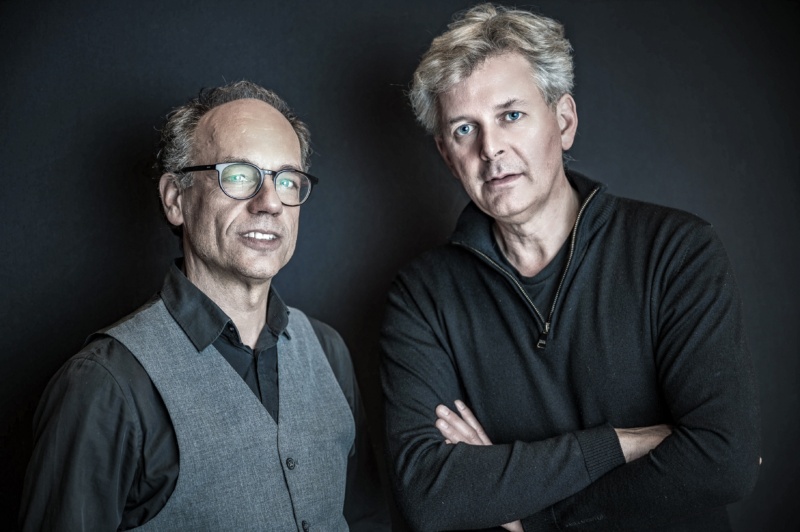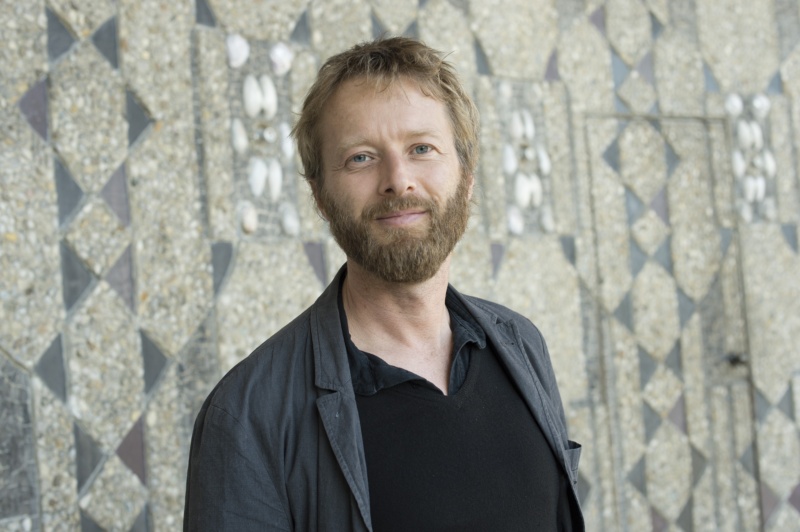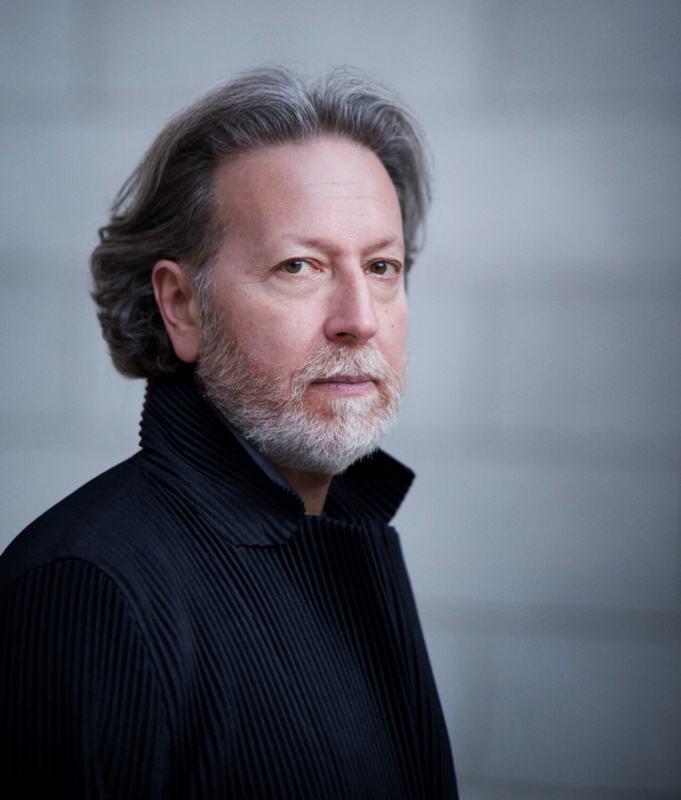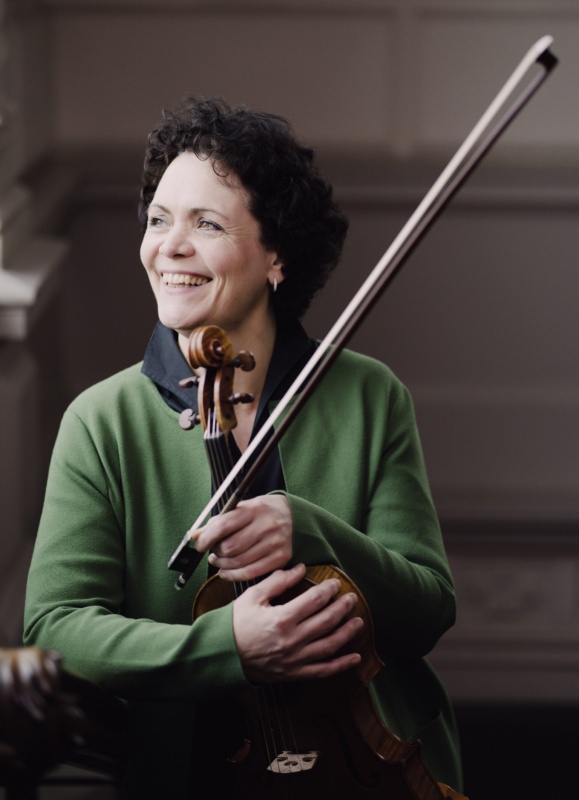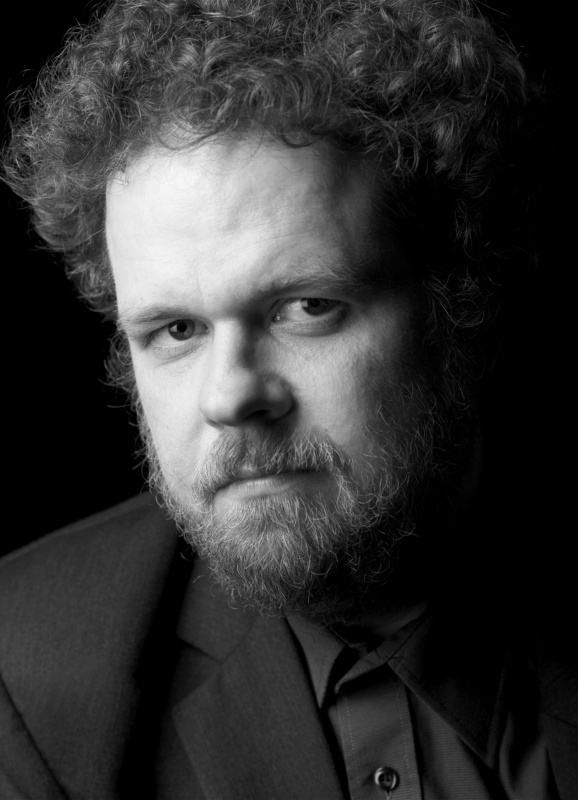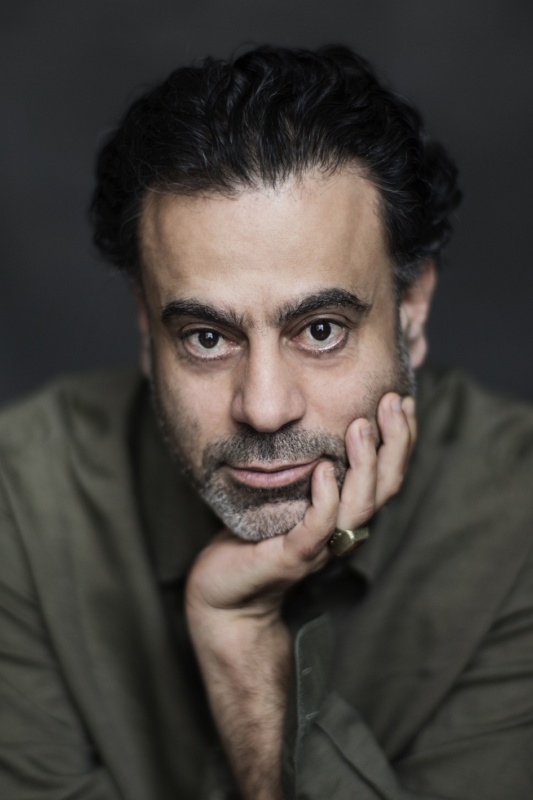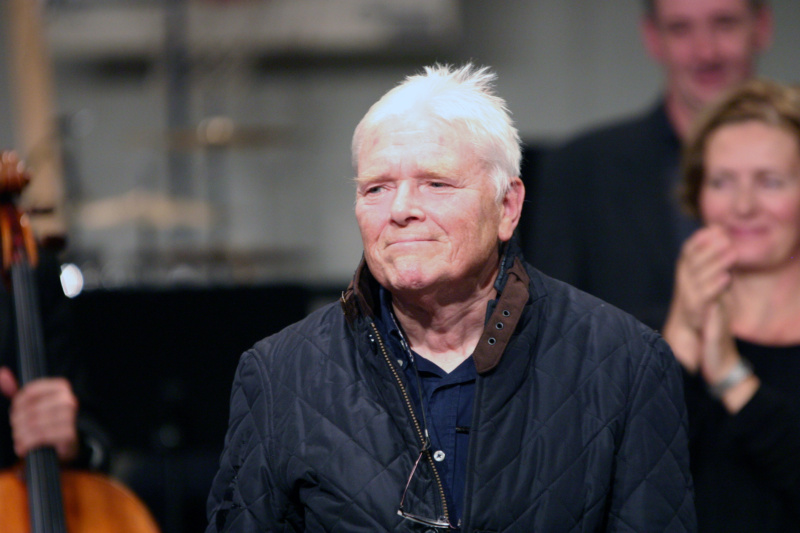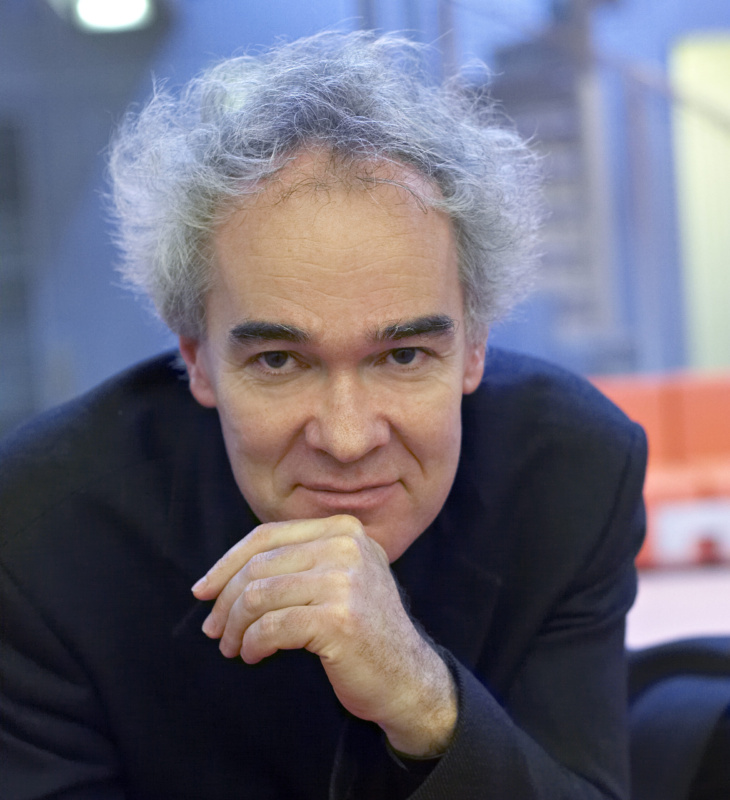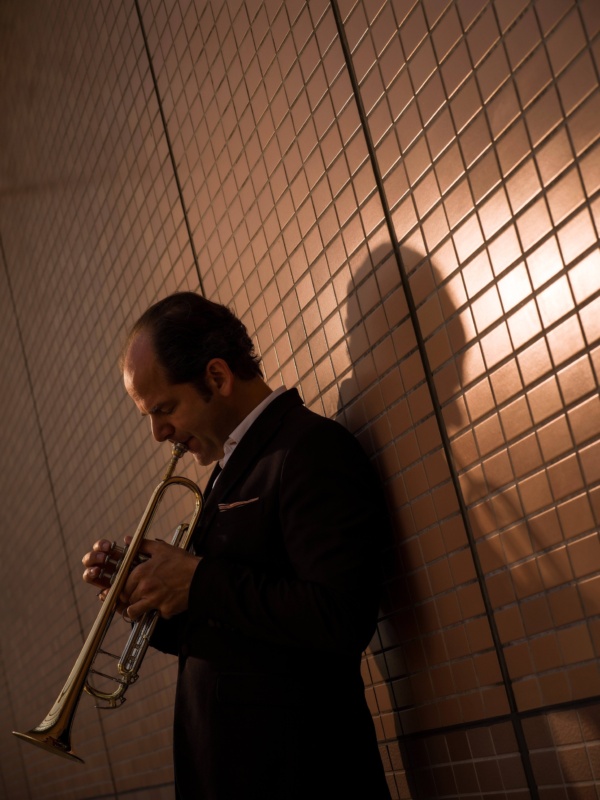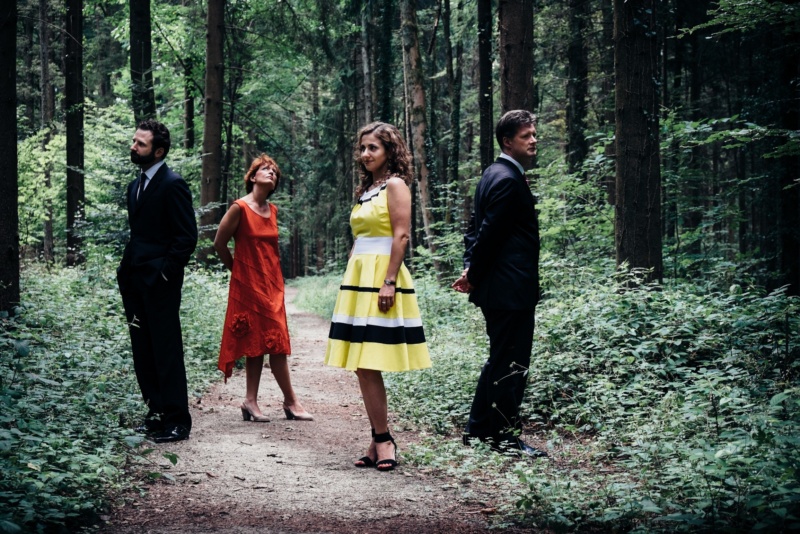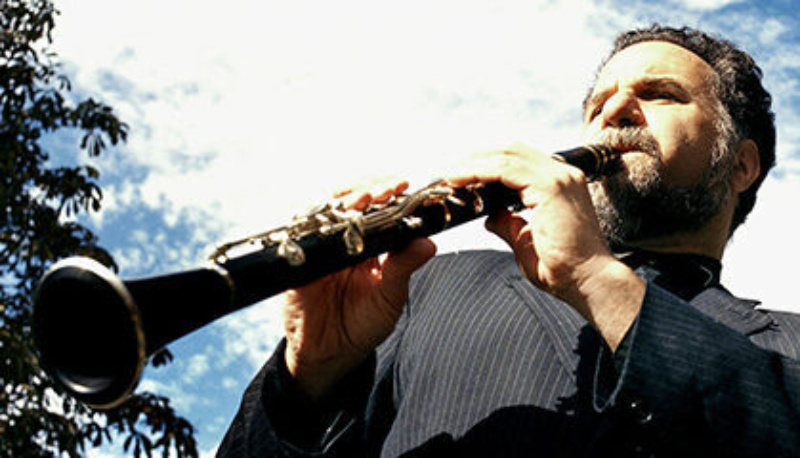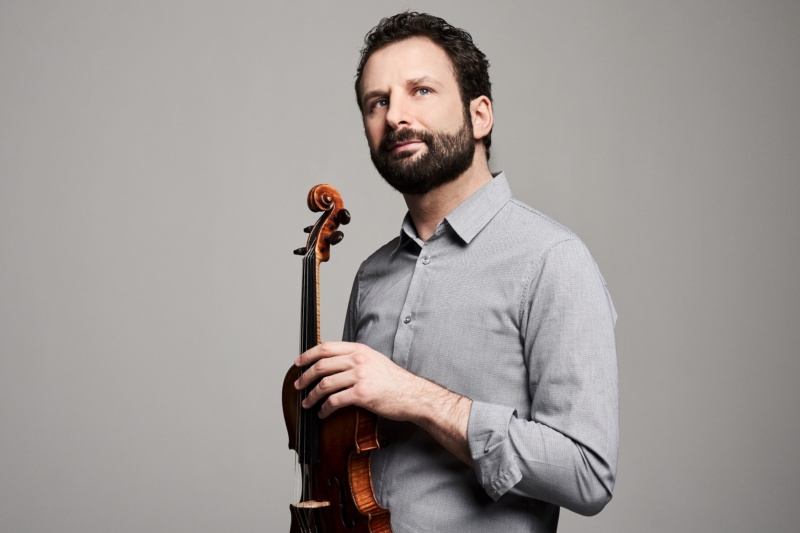At a press conference on 2 February, 2015 the Minister-President of Bavaria Horst Seehofer and the Mayor of Munich Dieter Reiter announced that – instead of building a brand new concert hall for Munich, as originally foreseen – they were aiming to renovate the Philharmonic Hall at the Gasteig, and the Herkulessaal; subsequently, the Bavarian Radio Symphony Orchestra (BRSO) and Munich Philharmonic Orchestra (MPhil) were supposed to share both spaces. Bavarian Radio asked karsten witt musik management to produce a report at short notice, detailing the consequences of this decision.
The study was published by Bavarian Radio on 26 February 2015 under the title “Braucht München (k)einen neuen Konzertsaal” (Is Munich in (no) need of a new concert hall?). You can download the report in German here . Karsten Witt hopes that the study will help to bring the discussion in Munich back to a factual level. At the end of the 19-page paper, it comes to the following conclusions:
For at least one decade, a new first class concert hall for symphonic music has been demanded in Munich. In his government statement released well over a year ago, the Bavarian Minister-President recognised its necessity and promised its realisation: “We should facilitate new concert halls in Munich and Nuremberg for our world-famous orchestras.” There is nothing to suggest a revision of this intention.
The main arguments for such an additional concert hall are:
- If the BRSO and MPhil were to share the Gasteig, there would be no concert space for other promoters during the 24 weeks of each season when both orchestras work in Munich. These other promoters currently organise by far more concerts than the MPhil and BRSO together and thereby contribute significantly to the Gasteig’s earnings.
- The Philharmonic Hall at the Gasteig, opened in 1985, is a very good and highly successful multifunctional space with an unusually large audience capacity of around 2,400 seats. A hall of this size is, from an acoustic point of view, always problematic. The conversion of such a hall into an internationally first-class concert hall for symphonic music would be costly and risky. If it were indeed to succeed, a new multifunctional concert hall with considerably more than 2,000 seats would need to be built in Munich elsewhere. The Philharmonic Hall has proven that Munich needs such a hall.
- The Herkulessaal, Munich’s post-war provisional hall, is unsuitable for large orchestras due to its size. This – not the acoustic weaknesses of the Gasteig – is the main reason why a new large concert hall for classical music is required in Munich.
- Moreover, the Herkulessaal cannot come into consideration as a replacement venue for the Gasteig during an eventual period of closure. If both orchestras were to try to serve their audiences in this hall with its 1,270 seats, the concert dates, which are at present available in the Herkulessaal throughout the entire season, would not suffice. The orchestras would also not be able to rehearse sufficiently and there would be absolutely no room for the remaining 250 concerts that are currently taking place fifty-fifty in the Herkulessaal and the Gasteig.
- If the Gasteig has to be refurbished, it must first be thoroughly investigated whether the refurbishment of the Philharmonic Hall can be carried out during several longer holiday periods. If a closure of more than one year were is necessary, a replacement venue would have to be built. Considering the costs of such a project, it would be more sensible to invest the necessary funds into a new concert hall.
The study contains the following recommendations:
- Since the new hall will serve future generations of composers, musicians, promoters and concertgoers, future forms of presentation and communication, as well as future technologies and media must be taken into consideration. Intensive conceptual work is required in order to develop a vision for such a concert hall, which is supposed to accommodate performances throughout the entire space as well as live electronics, screenings, multimedia projects, perhaps even dance. The development of the vision for the new hall must be started straight away and must certainly not be left to future architects, as is unfortunately sometimes the case in Germany.
- Alongside successful auditoriums, the particular architectural and organisational requirements of pioneering international concert halls (such as the The Sage Gateshead) should be taken into account. It is not just a question of achieving the best possible acoustics, but also connecting music with other art forms, integrating new forms of communication, new media, audience participation and much more.
- The proponents of the concert hall project should start a fundraising campaign soon to make it plausible that a substantial engagement exists behind the project and that a considerable part of the costs will be borne by private partners. Each party must clarify which contribution they can make.
- The difficulty discussed here also exists in other cultural metropolis. In order to incorporate experience from elsewhere and generally broaden the debate, it would seem sensible to appoint an international advisory committee that would support the project for a new concert hall throughout the process.
Further information (in German): www.abendzeitung-muenchen.de
Karsten Witt, 02/2015 | Translation: Celia Wynne Willson
